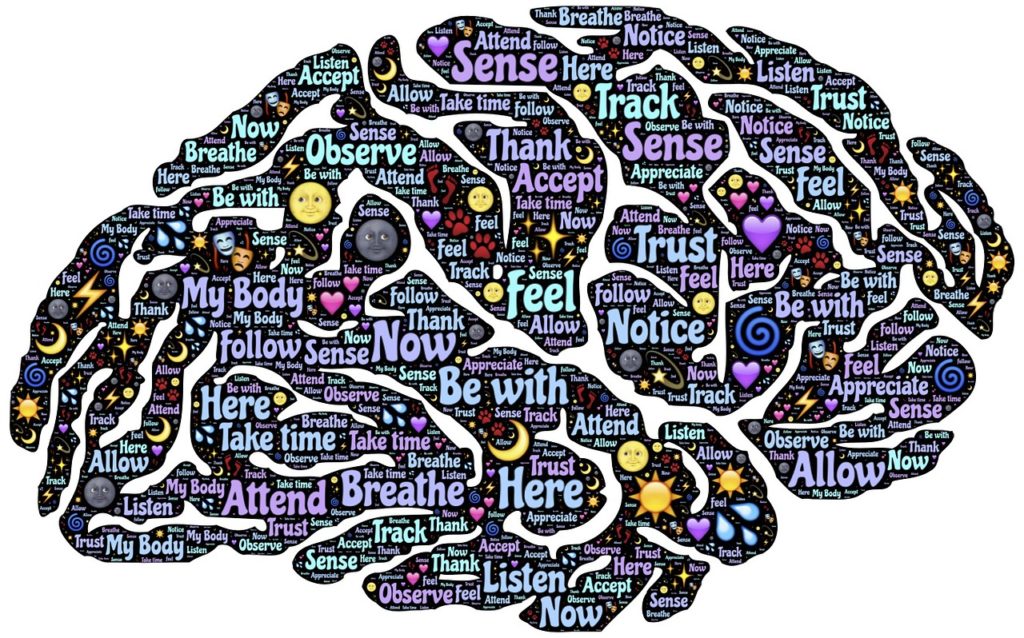Thoughts vs Feelings: Thoughts are what we think; emotions are what we feel. Thoughts can to be recognized [in our mind] as phrases of two or more words. Emotions (also often referred to as feelings) are generally identified by one word.
Core Beliefs & Conditioning: Core beliefs both define and describe one’s fundamental understanding of self, other human beings, and the world one lives in. They are what one believes to be a true, accurate, and reliable comprehension of how the world works. It is through the lens of such core beliefs that we perceive and interpret our daily experience; which gives rise to such feelings as being happy, distressed, healthy, worried, motivated, etc.
Why We Learn: There are two primary reasons to learn: You want to or you have to. Wanting to learn is of course a desire, and arguably the best kind of incentive. Having to can be perceived as motivating as well, and thus serve to fuel whatever attendant effort may be required to do so; but then sometimes that pressure of “having to” can turn against the objective and become, shall we say, a “de-motivator.” And yet…maybe there is a third reason…
Psychological Skills: Psychological skills are what we use to understand and manage our world, especially the social one, and to achieve or maintain well-being. In our daily “pursuit of happiness,” it is within our human capacity to alter circumstances that can change outcomes. And it is the psychological skills we learn and can bring to bear on those “circumstances” and “outcomes” that will determine our life experience. In addition to communication skills, social skills, and coping skills, the psychological skills associated with CBT include…
Defense Mechanisms: Defense mechanisms are “mental coping strategies” that serve to protect us from pain. They work – at least for a while (!) – by helping us to hide the truth from ourselves. We do this because sometimes the truth can be very difficult to accept in that moment – as in too embarrassing, or hurtful, or disgusting, or even terrifying. We all engage defense mechanisms…
Cognitive Distortions: Cognitive distortions refer to certain biased ways of thinking – about oneself and the world around us. There are common and specific ways people pervert their thinking; and these irrational thoughts and beliefs (i.e., distortions) lead to problematic emotional states and behavior – like anxiety, low self-esteem, depression, and conflicted relationships. That’s why it can be helpful to be aware of them…
Automatic Thoughts: Automatic thoughts “come up” from the Elephant (call it “our Elephant’s contribution” to the cognitive experience) and are often “only sensed” (emotionally) or “neglected” by overwhelming emotions and other (also often distorted) thinking. Yet they represent the “application” of our core beliefs – whether true or distorted or false – to what is happening in the moment or might yet happen…
Disputation Strategies: Disputation in CBT is the psychological skill of learning how to argue with yourself. It is not a particularly natural or intuitive practice that people engage in, nor is it generally taught in our “formal” education. But it is not too difficult to learn, especially when you come to realize that you’ve already been “disputing with yourself” for many years now…
_____________________________________________
*Cognitive Behavioral Therapy

